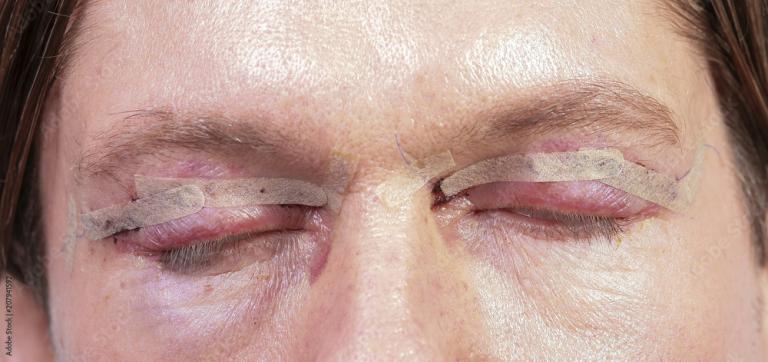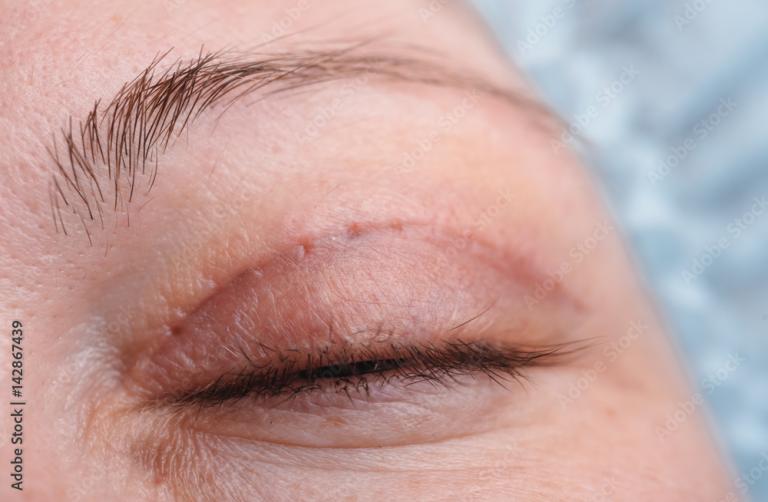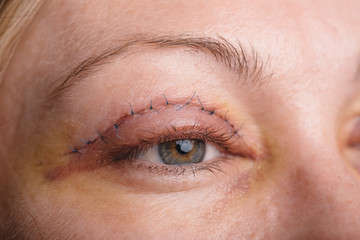
What Happens During Eyelid Surgery?
During eyelid surgery our RPS surgeon will repair the damage or remove lesions on your eyelid. The incision is then closed with stitches.
Eyelid surgery can be undertaken on the upper and/or lower eyelids with a local anaesthetic, with or without sedation. However, lower eyelid surgery is normally conducted under general anaesthetic as a tissue flap may be required to close the incision. Sometimes a tissue graft is necessary to improve the look of the eyelid and ensure it is functioning correctly.
